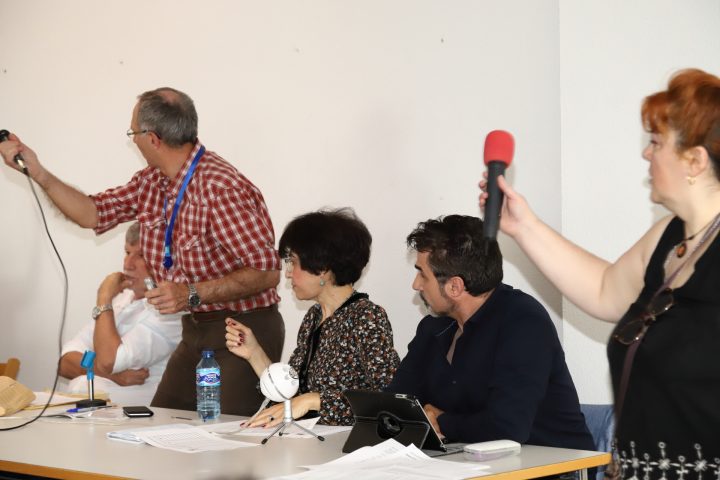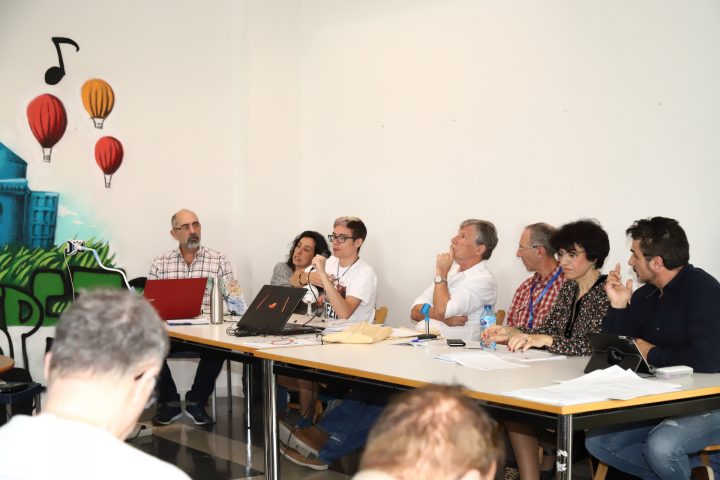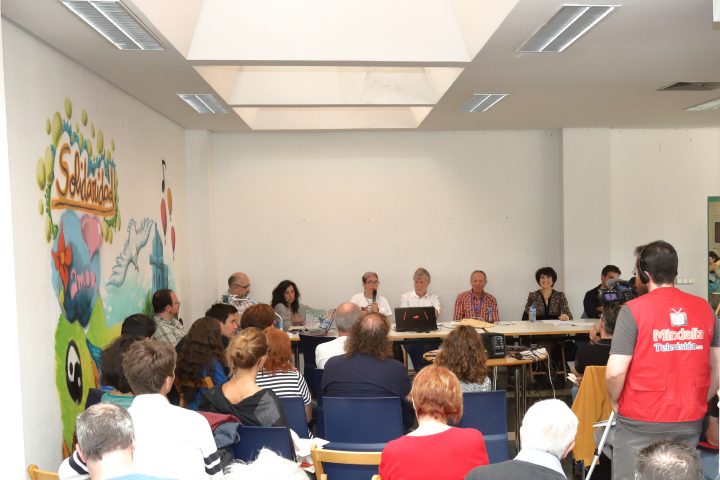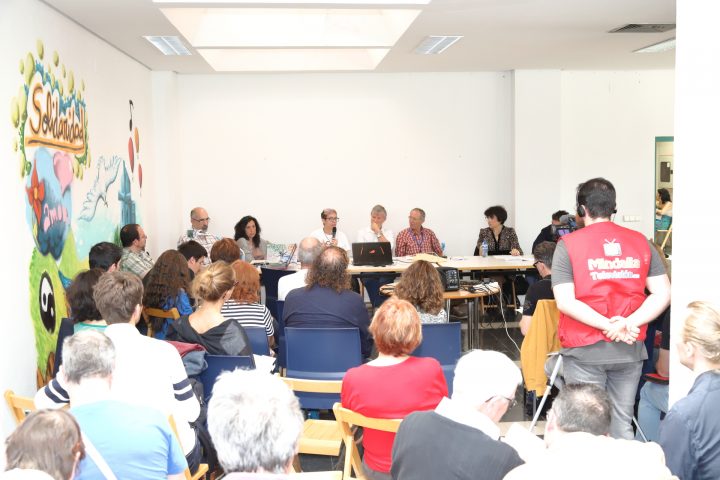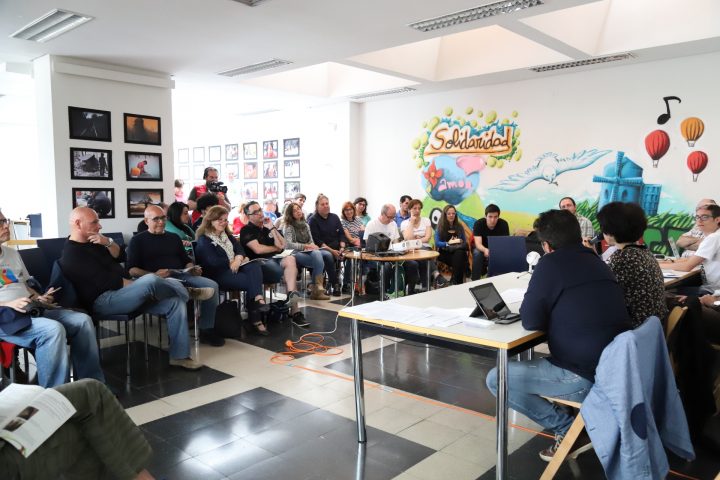What is the future you aspire to? And how can you contribute to make it happen? These two questions laid the groundwork for the roundtable discussion A New Economy for the Universal Human Nation at the Humanist Forum 2018. Different representatives of new trends in the sector participated in this meeting to present their proposals for transformation. All of these have in common the search for a more just and supportive economy, reducing inequality and ensuring the benefit of all human beings.
In his presentation, Carlos Rossique, from the Montero de Burgos group, transmitted the ideas of the Malaga researcher José Luis Montero de Burgos, creator of a new business model called “integrated company” or “humanist company”. This initiative proposes a structure in which there are no owners, just members, so that they share the management decision making and the right to profit. The concept is based on the idea that: ‘No human being shall have power over anyone who has not given it.’
Maro Horta, from FairCoop, has championed the system of open cooperativism, a global self-organizing movement on the Internet outside the boundaries and controls of nation-states. Among the actions for the redistribution of resources, it has highlighted the blockchain, a data structure that decentralizes information in sets as a security measure, and cryptomoney, a means of exchange used in this technology.
In his presentation, Dani Guardiola defended the Resource Based Economy (RBE), a system where all goods and services become the common heritage of all inhabitants, not just a select few. Beginning his presentation by launching a question to the public, Guardiola invited us to reflect on the possibilities that a world where people already have their basic needs met and could use their time to develop other skills would create: How many “Einsteins” and “Marie Curies” did we miss because our minds were focused on a job to pay for their needs?
In the ideal world of Mayte Quintanilla, president of Humanists for Universal Basic Income, there are no borders, no multinationals, no money. The human being is valuable from the moment they are born and is therefore entitled to their share of the world’s wealth. This is the idea at the heart of Universal Basic Income, the monetary allocation to people throughout their lives.
Guillermo Sullings, Argentine economist and author of the book “At the Crossroads of Humanity’s Future” pointed out the need for a structural transformation based on three fronts: cultural, which seeks to change materialistic values and consumerism; political, by promoting participation and real democracy; and economic, focused on production and sustainable development, and deconcentration of wealth.
In his speech, Txema Sánchez from the organization Nulla Política Sine Ethica pointed out that, after the different conflicts that mark the current context, peace can only be built with truth. Referring to all the actions of radical transformation of the current economic system described above, Sánchez recalled an ideal of the Argentine Che Guevara who stated that, to provoke a revolution, two essential things are enough: the awareness of the need and the certainty of the possibility.
